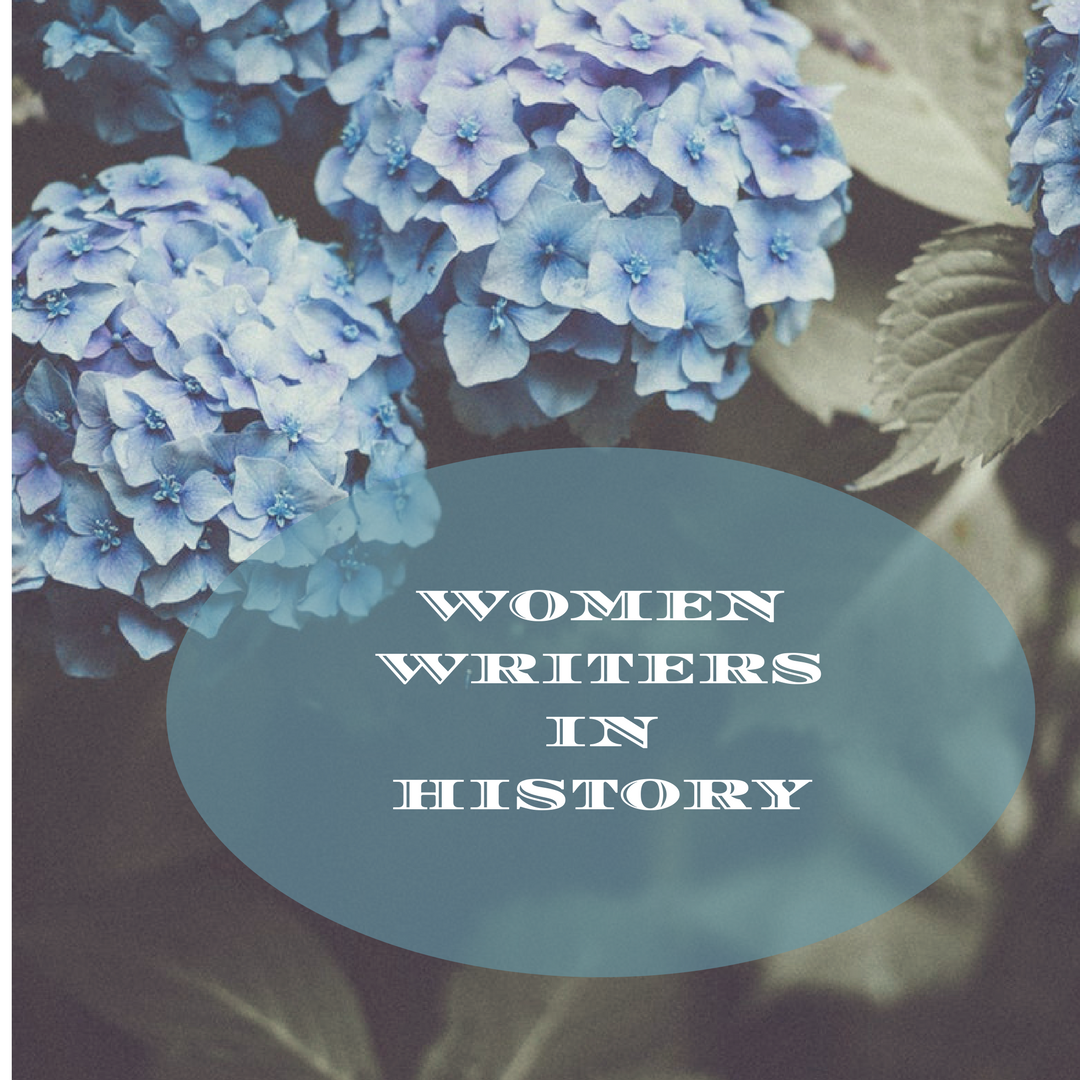
Writing with a Disability (Different Ability)
Take Your Time
We’re almost 3 months into the new year, and unfortunately, a lot of people have already given up on…
February 26, 2023
We’re almost 3 months into the new year, and unfortunately, a lot of people have already given up on…
February 26, 2023
Since it is the dawn of a new year, let’s discuss those dreaded resolutions. I have been resolving to…
January 6, 2019
I stash books in every corner of my home. There’s not a single wall in my house where you…
January 2, 2019
So the new year has come! Did you make resolutions of things to do or not to do? Will…
January 20, 2017